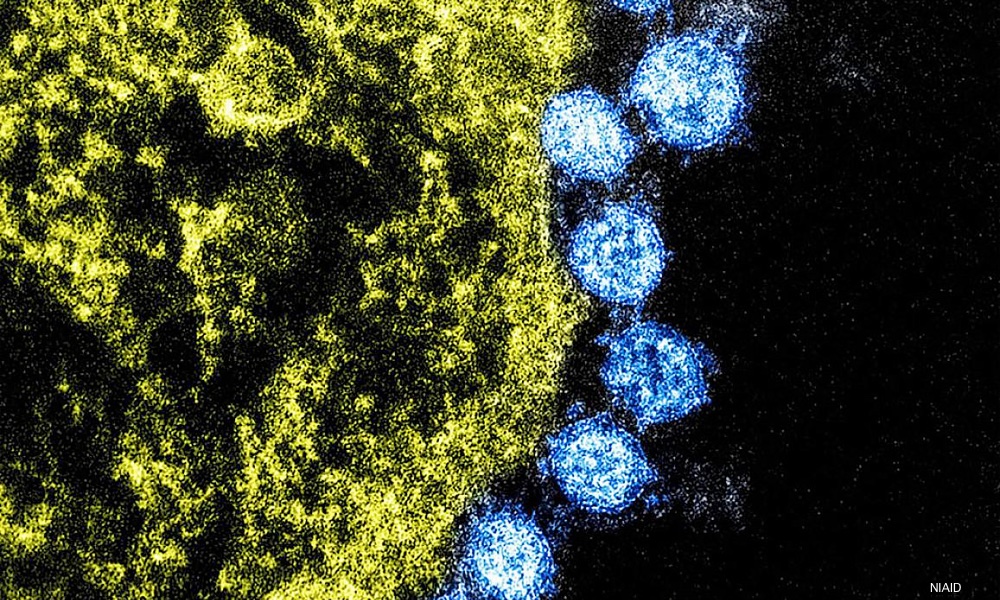The virus that causes COVID-19 is a novel coronavirus. There are also common coronaviruses, four of which are responsible for colds and viral pneumonia, which are genetically similar to SARS-CoV-2, the novel coronavirus that causes COVID-19.
Because of this genetic similarity to SARS-CoV-2, the antibodies our bodies produce when exposed to cold and flu viruses may also help us fight off a serious COVID-19 infection. The antibodies we make in response to a common cold or viral pneumonia are a reaction to substances, also known as antigens, on the surface of these common viruses. Similar antigens are also on the SARS-CoV-2 virus.
Patients hospitalized with COVID-19 who have had a previous infection with one of these common coronaviruses seemed to have some kind of protection from the worst symptoms of COVID-19 and had better outcomes, according to the results of a recent study.
The findings, by researchers at Boston University and Boston Medical Center, could have implications for vaccine development.
The protective effect of an earlier common coronavirus infection also implicates the immune system in the lungs, which is very different from the immune system that circulates through the blood.People hospitalized for COVID-19 who had been infected with a common coronavirus had a significantly lower risk of being admitted to the intensive care unit.
The study found that people who had had a previous common coronavirus infection were not being admitted to the ICU or dying as often as those who had not had a cold or viral pneumonia infection prior to their COVID-19 infection. This finding suggested that an immune response in the lungs is protective for patients with COVID-19 and that scientists might be able to design a vaccine to stimulate immunity in the lungs that could prevent infection with SARS-CoV-2 or reduce the severity of COVID-19 in those who do get infected.
Data from almost 16,000 people who were tested for common coronavirus infection over a five-year period ending March 11, 2020 were included in the study. About 1,800 of those nearly 16,000 people were also tested for SARS-CoV-2 between March 12, 2020 and June 12, 2020.
These findings provide a first glimpse into the relationship between common coronavirus infections and COVID-19, said Mizgerd, a professor of medicine, microbiology, and biochemistry, and director of the pulmonary center at the Boston University School of Medicine. It appears that common coronaviruses “have a net protective effect,” Mizgerd added.
He stressed that the findings should not change the care people take to protect themselves from becoming infected with COVID-19. “I think we should use good common sense and public health practices.”
The next step is to do similar studies on a national level, involving more institutions and more people. “With larger study populations and nationwide datasets, we’ll be able to see how robust this finding is,” he explained.
The study is published in the Journal of Clinical Investigation.





